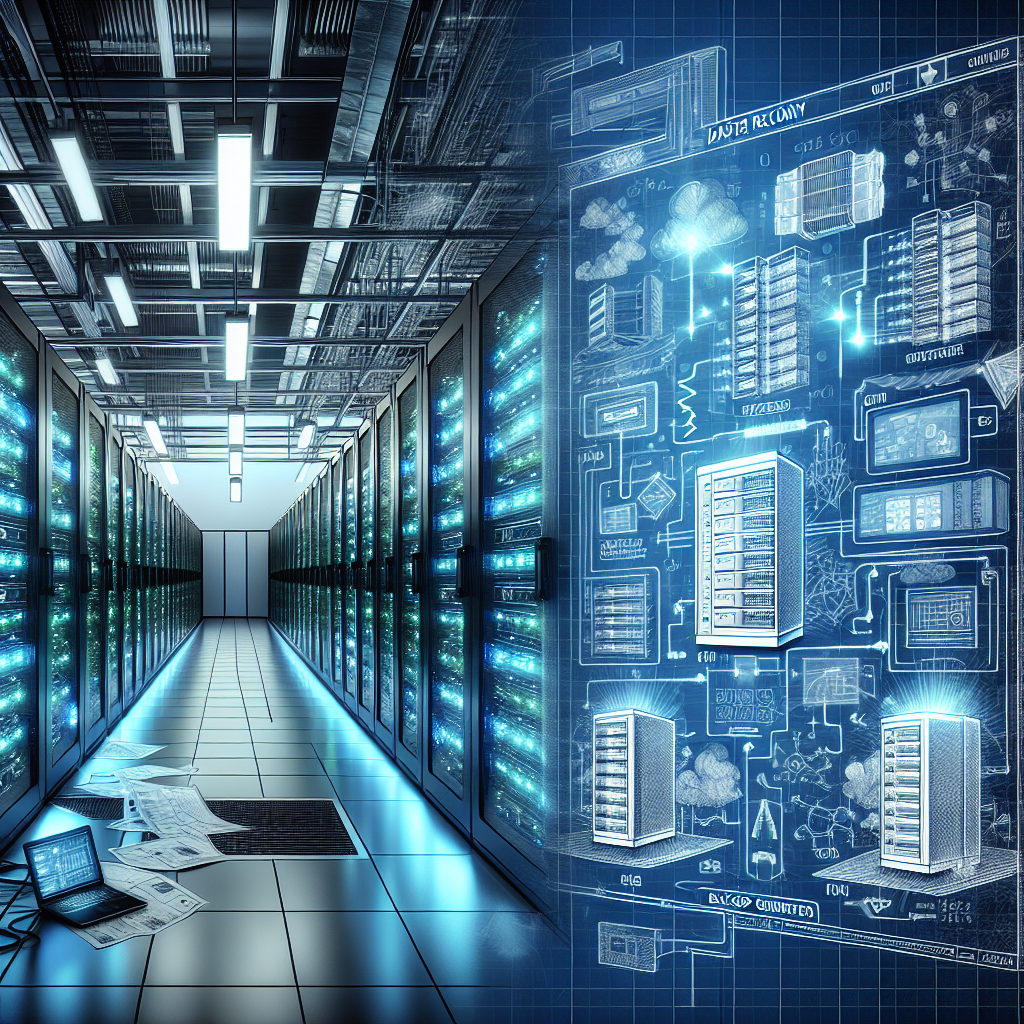The Role of Backup Power in Data Center Disaster Recovery Plans
Data centers play a crucial role in today’s digital economy, serving as the backbone of the internet and housing the critical infrastructure that supports countless businesses and organizations. In the event of a disaster, data centers must be able to continue operating seamlessly to ensure that data and services remain available to users. This is where backup power systems come into play.
Backup power systems are a critical component of data center disaster recovery plans, providing a reliable source of electricity in the event of a power outage or other disruption to the main power supply. These systems are designed to keep data centers up and running, even when the grid goes down.
There are several types of backup power systems commonly used in data centers, including uninterruptible power supplies (UPS), generators, and fuel cells. UPS systems are typically used to provide short-term power backup during brief outages or to allow for a graceful shutdown of equipment in the event of a longer outage. Generators, on the other hand, are used to provide longer-term power backup and can keep a data center running for hours or even days in the event of a prolonged outage. Fuel cells are a more environmentally friendly option for backup power, using hydrogen or other fuels to generate electricity.
Having a reliable backup power system in place is essential for ensuring the continuity of operations in a data center during a disaster. Without backup power, data centers risk losing critical data, experiencing downtime, and potentially damaging equipment. This can have serious consequences for businesses and organizations that rely on data centers to store and process data.
In addition to having backup power systems in place, data centers also need to have a comprehensive disaster recovery plan that outlines the steps to be taken in the event of a disaster. This plan should include procedures for activating backup power systems, as well as protocols for restoring data and services in the aftermath of a disaster.
Overall, backup power systems play a crucial role in data center disaster recovery plans, ensuring that data centers can continue operating even in the face of unforeseen events. By investing in reliable backup power systems and developing a comprehensive disaster recovery plan, data centers can minimize downtime, protect critical data, and maintain the trust of their users and customers.


